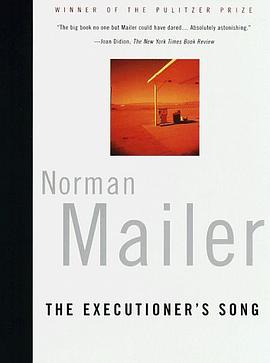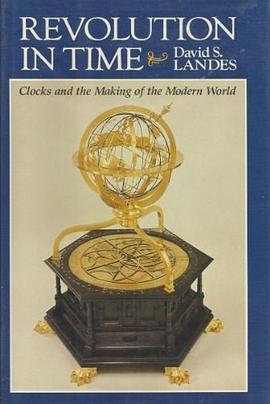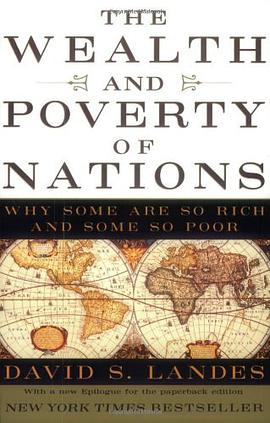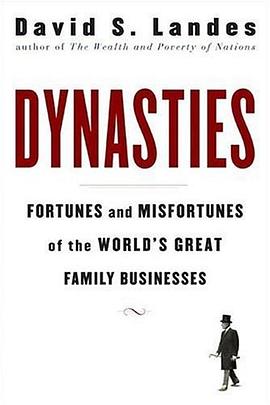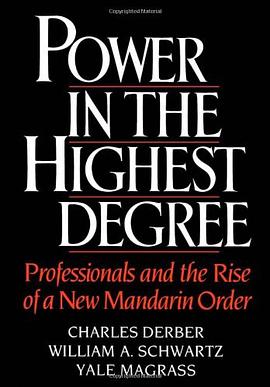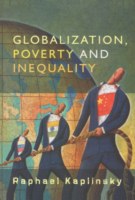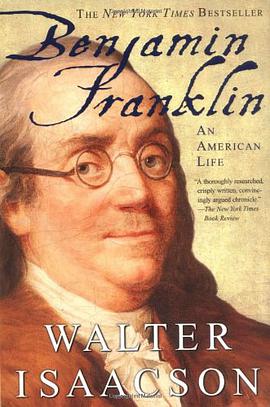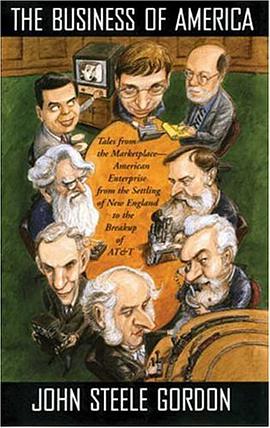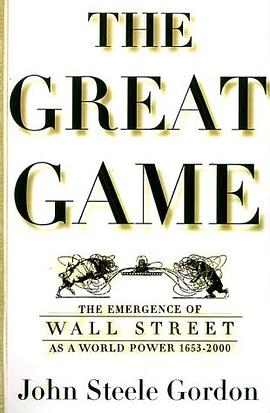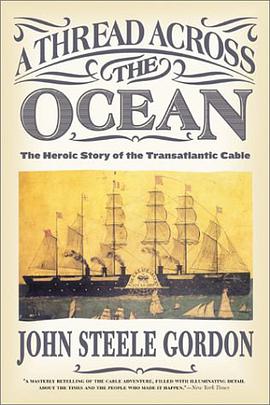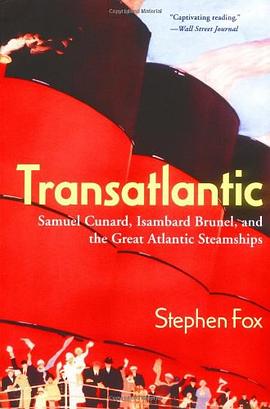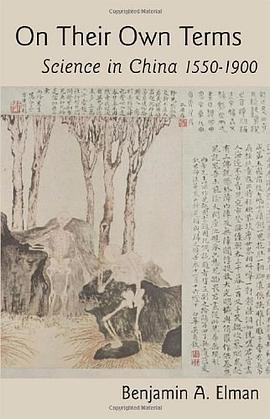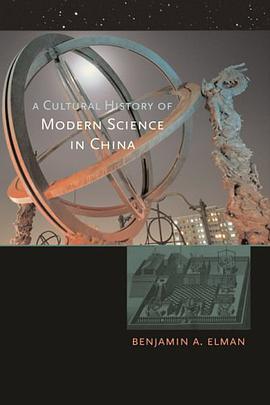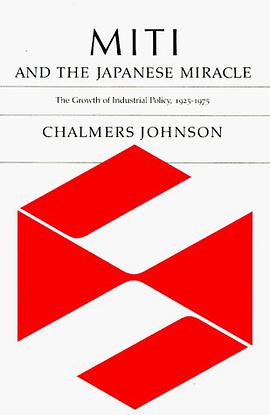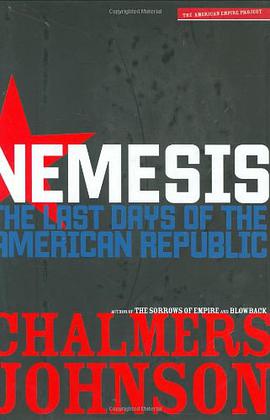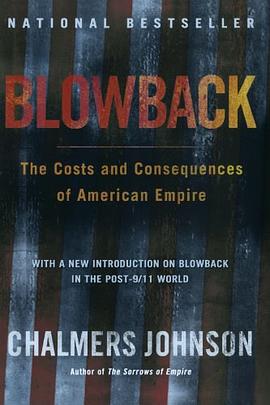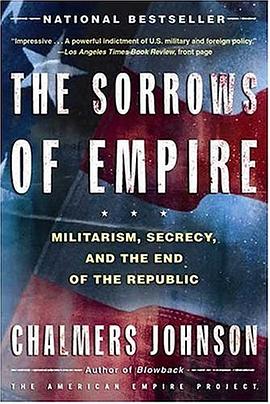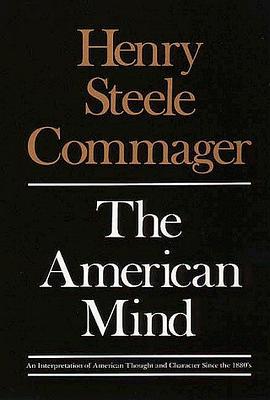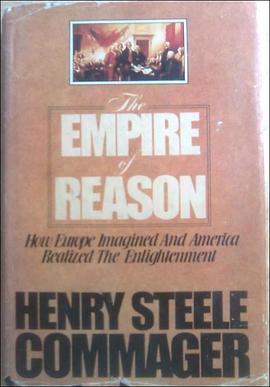The Executioner's Song (Vintage International) 豆瓣
作者:
Norman Mailer
Vintage
1998
- 4
Winner of the 1980 Pulitzer Prize
In what is arguably his greatest book, America's most heroically ambitious writer follows
the short, blighted career of Gary Gilmore, an intractably violent product of America's
prisons who became notorious for two reasons: first, for robbing two men in 1976, then
killing them in cold blood; and, second, after being tried and convicted, for insisting on
dying for his crime. To do so, he had to fight a system that seemed paradoxically intent on
keeping him alive long after it had sentenced him to death.
Norman Mailer tells Gilmore's story--and those of the men and women caught up in his
procession toward the firing squad--with implacable authority, steely compassion, and a
restraint that evokes the parched landscapes and stern theology of Gilmore's Utah. The
Executioner's Song is a trip down the wrong side of the tracks to the deepest sources of
American loneliness and violence. It is a towering achievement--impossible to put down, impossible to forget.
In what is arguably his greatest book, America's most heroically ambitious writer follows
the short, blighted career of Gary Gilmore, an intractably violent product of America's
prisons who became notorious for two reasons: first, for robbing two men in 1976, then
killing them in cold blood; and, second, after being tried and convicted, for insisting on
dying for his crime. To do so, he had to fight a system that seemed paradoxically intent on
keeping him alive long after it had sentenced him to death.
Norman Mailer tells Gilmore's story--and those of the men and women caught up in his
procession toward the firing squad--with implacable authority, steely compassion, and a
restraint that evokes the parched landscapes and stern theology of Gilmore's Utah. The
Executioner's Song is a trip down the wrong side of the tracks to the deepest sources of
American loneliness and violence. It is a towering achievement--impossible to put down, impossible to forget.
